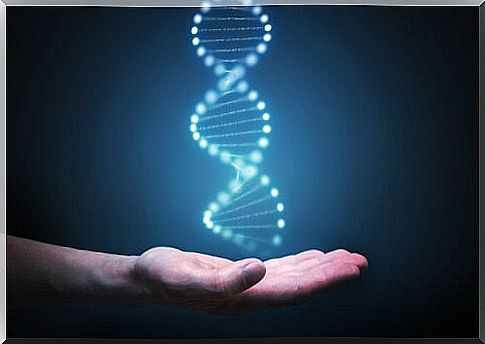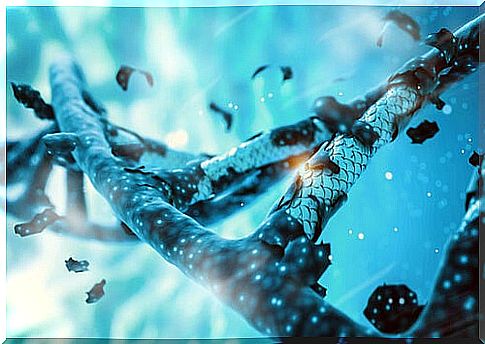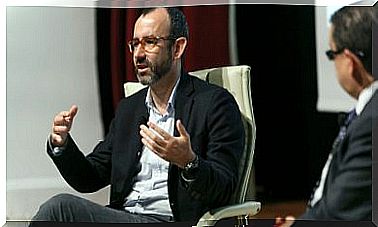Tell Me What You Eat And I’ll Tell You How Long You Will Live, Epigenetics

The term epigenetics is not well known at the popular level, but what it means is of great importance. To put it simply, genes have a DNA sequence that holds the instructions for making the proteins that the body needs to function.
What epigenetic mechanisms do is indicate how genes have to act. They are elements that modify their behavior, but without actually altering the DNA sequence.
Epigenetics and feeding
The popular saying used to say that “what is eaten is raised” and, although the world is full of sayings without scientific consistency, in this case this statement could not be more accurate. And it is that one of the pillars of a long and quality life is none other than food.

Numerous studies support this fact, which has recently become popular thanks to advances in the genetic field, especially as a result of a study that was carried out at the University of Nanking in 2011 according to which it would be discovered that ingested food arrives, through the torrent blood, to regulate genes.
This finding, expanded in recent times by other similar ones, has made many scientific schools focus their attention on the benefits that food can have on the individual and, therefore, on the damages of certain eating habits.
Epigenetics: some very funky genes
Deterministic principles ensured that the genetic code remained intact from the birth of an individual until his death. But in front of them epigenetics arises strongly to show that this is a fallacy like many others that relate sciences such as physics or chemistry, with rigid and linear structures. Nothing further from reality.

Genes transmit information about us, but they are not decisive, since the environment plays a very important role in human development.
This finding is not just an anecdotal fact, but it can be a revolution to know what the right foods can do against diseases and infections without having to resort to psychotropic drugs or antibiotics.
Can we imagine a world in which taking drugs is reduced to the palliative environment to which it should be relegated and where daily care defines the true absence of disease? Epigenetics and food are closely linked.
How to apply the principles of epigenetics

Food, therefore, would not cause that disease for which there is a predisposition, but it could mark its course, for better or for worse. It is only necessary to see how in recent decades diseases such as diabetes, obesity or hypertension have not stopped growing while the traditional diet was changed for one with more sugars, fats and precooked foods.
This is what happens when an event occurs: the human genome has barely changed in thousands of years, but diet has, and in a remarkable way. Hence the importance of assessing the role of epigenetics as a factor in the prevention of all kinds of diseases and health problems.
Phrases then like that already mentioned that “what is eaten is raised” or “we are what we eat” would be fully justified. Will you now change the way you see food and the style of eating that you eat?









